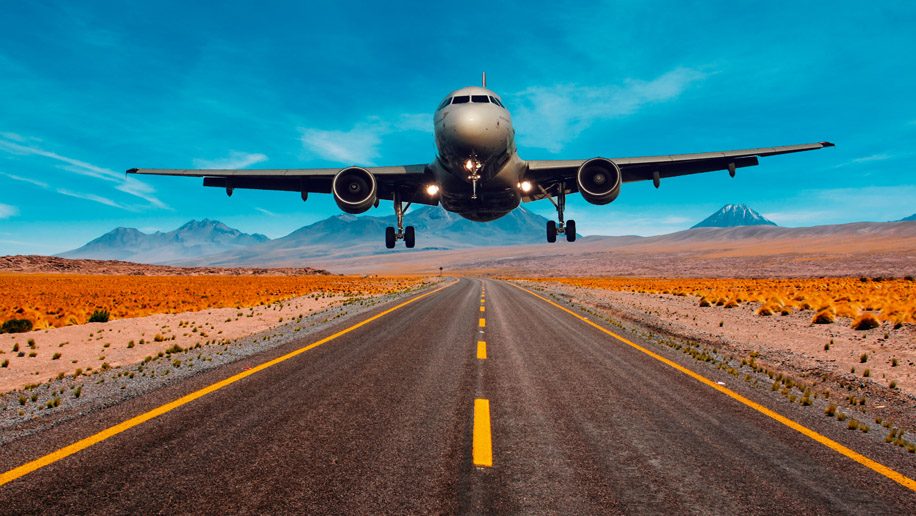
Airline debt could rise to US$550 billion by year-end: IATA
by Sanchita NambiarAs per the International Air Transport Association’s (IATA) recent analysis, the airline industry’s global debt could rise to US$550 billion by the end of this year, signifying a 28 per cent or US$120 billion increase over debt levels at the start of 2020.
In total governments have committed a financial aid of US$123 billion to airlines. Out of this, US$67 billion will have to be repaid. The balance is made up of wage subsidies (US$34.8 billion), equity financing (US$11.5 billion), and tax relief/subsidies (US$9.7 billion). “This is vital for airlines which will burn through an estimated US$60 billion of cash in the second quarter of 2020 alone.”
Alexandre de Juniac, IATA’s director general and chief executive officer said, “Government aid is helping to keep the industry afloat. The next challenge will be preventing airlines from sinking under the burden of debt that the aid is creating.”
“Over half the relief provided by governments creates new liabilities. Less than 10 per cent will add to airline equity. It changes the financial picture of the industry completely. Paying off the debt owed governments and private lenders will mean that the crisis will last a lot longer than the time it takes for passenger demand to recover,” added de Juniac.
Many countries are offering support, although there are still large gaps in the financial aid needed to help the airlines to survive the crisis.
The US government has CARES Act in place for financial aid to North American carriers followed by Europe with assistance at 15 per cent of 2019 annual revenues and Asia-Pacific at 10 per cent. However, in Africa, the middle east and Latin America average aid is around one per cent of 2019 revenues.
Adding to this, the IATA chief said, “Many governments have stepped up with financial aid packages that provide a bridge over this most difficult situation, including cash to avoid bankruptcies.
“Where governments have not responded fast enough or with limited funds, we have seen bankruptcies. Examples include Australia, Italy, Thailand, Turkey, and the UK.”
IATA believes that the kind of financial support provided will influence the speed and strength of the airline industry recovery.
At one of the recent media briefings for Covid-19, de Juniac also asked the countries to not politicise quarantine measures. This comes after France, in response to the UK’s decision of 14-day quarantine for arrivals, announced that all UK visitors to the country will have to quarantine for 14 days.